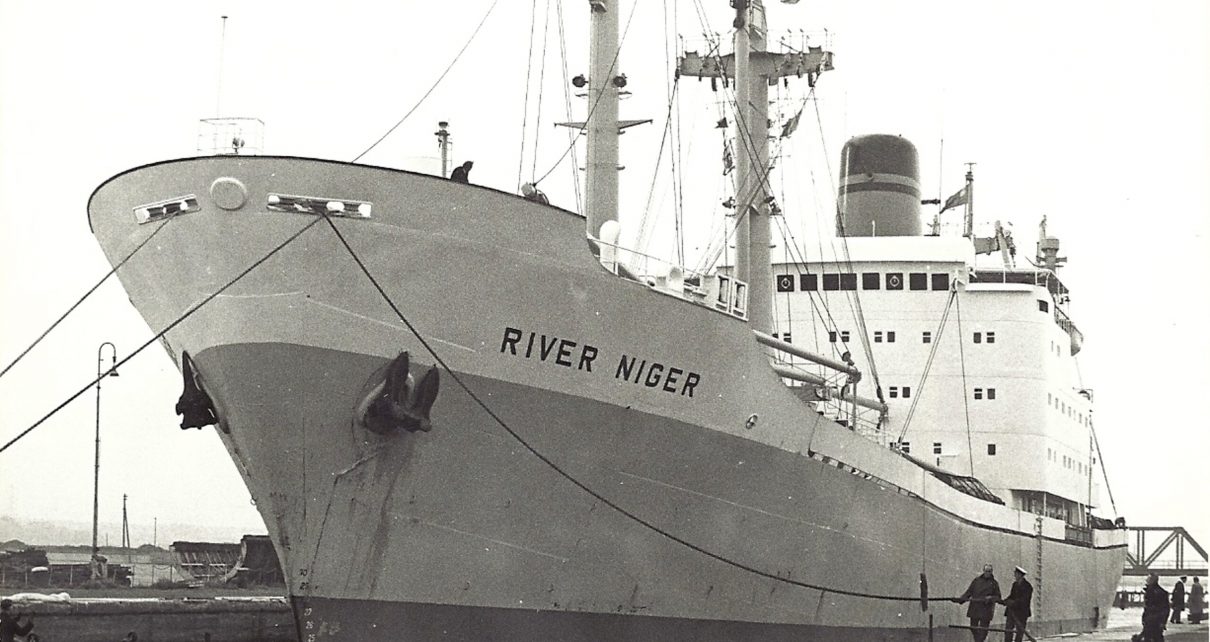In a groundbreaking development, the Minister of Marine and Blue Economy, Mr Adegboyega Oyetola, unveiled plans for the potential re-establishment of a national shipping line through a strategic public-private partnership (PPP) arrangement.
Speaking at the inaugural stakeholders roundtable focused on Advancing Sustainable Development in Nigeria’s Marine and Blue Economy, held in Lagos, Oyetola expressed the ministry’s intentions to tap into the estimated $10 billion annual ship charter market.
“Our goal is to explore the possibility of a national shipping line, leveraging the PPP model, not to hinder local growth but to create opportunities for enhanced value extraction within our sector,” stated Oyetola. He emphasised the potential for local businesses to amplify their role in ship construction, maintenance, and repairs.
Acknowledging the sector’s distinct challenges, Oyetola affirmed the ministry’s commitment to driving transformation. “Our ministry, although nascent, is steadfast in fostering collaborations among agencies, implementing initiatives to boost port efficiency, ensuring maritime security, and harnessing seabed resources.”
The minister underscored the significance of this stakeholders’ engagement, marking the commencement of an ongoing collaboration to fortify the industry’s safety, reliability, and sustainability.
Moreover, Oyetola outlined the objectives of the roundtable, highlighting the focus on blue governance, port operation transformation, infrastructure enhancement, and fostering blue economy investments. He stressed that this roadmap aims to cultivate an inclusive marine and blue economy ecosystem adhering to global standards.
Echoing the sentiment, Dr. Magdalene Ajani, the Permanent Secretary of the Federal Ministry of Transportation, affirmed the event’s purpose: “This platform serves to illuminate the policy trajectory of the Ministry of Marine and Blue Economy, establishing a nexus between the public and private sectors.”
Ajani emphasised Nigeria’s maritime potential, identifying it as a crucial revenue source, a trade facilitator, and a key driver of economic growth. She highlighted the extensive Exclusive Economic Zone (EEZ) and Nigeria’s pivotal role in regional shipping and trade.
The engagement, she noted, would be instrumental in identifying challenges and collectively devising innovative solutions, aiming to shape a technologically advanced, sustainable maritime industry.



